Seeing the world through the lens of a global education
In a clear sign that it has no intentions of slowing down, the HKUST Business School’s Master of Science in International Management (HKUST MIMT) program has beat the global competition to sweep up two prestigious awards despite a challenging academic year.
The program was recipient to the Top 3 “CEMS School of the Year Award 2020” and the “Best CEMS Club Spring 2020” cementing its reputation as being one of the top master’s in management degree programs in Asia.
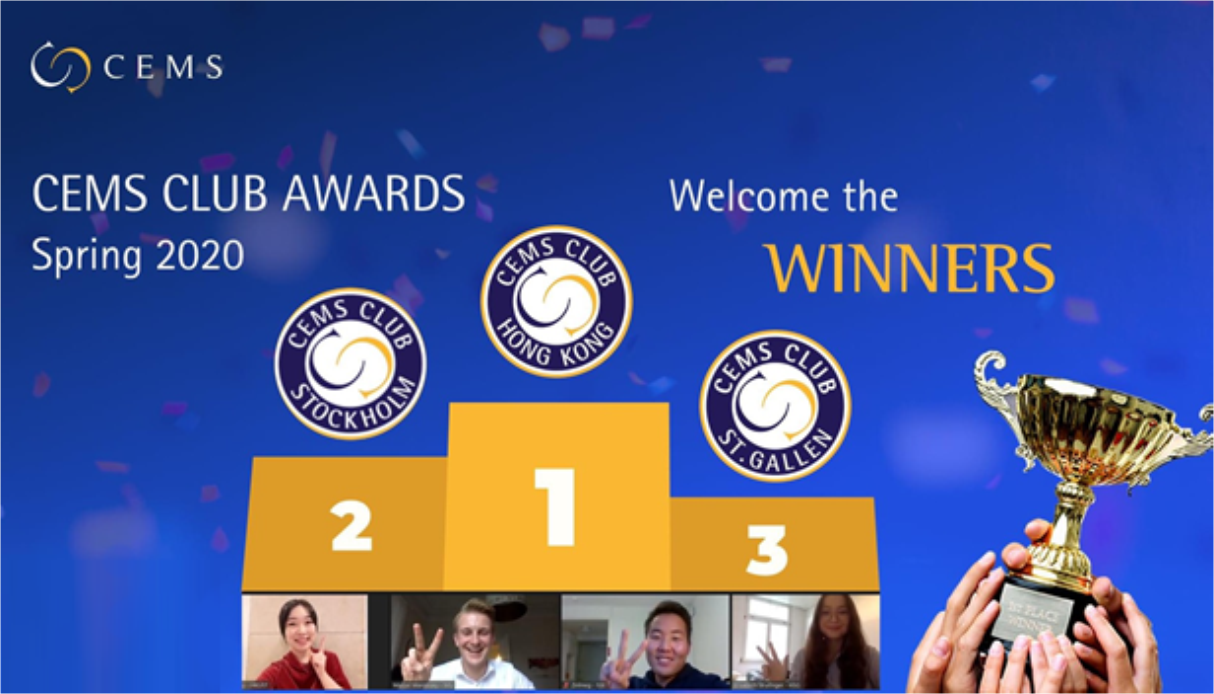
The top three schools were chosen based on the results of a student satisfaction survey in the academic year of 2019/20, as well as a peer evaluation report submitted to all CEMS academic directors. The Best CEMS Club award was the result of student voting and an evaluation of best practices across all CEMS schools.
As part of the top ranked CEMS network, a global alliance of leading business schools, multinational companies and NGOs who work together to offer the best quality Master in International Management degree, the HKUST MIMT program had to stand out from 32 other member schools across the globe. Given the challenges brought by the Covid-19 and other social challenges, the fruits of labor taste particularly sweet this year.

There are multiple factors as to why the HKUST MIMT program stands out. Some of the highlights include the University’s commitment to the CEMS values and a promise to a first-class global education. The program is also highly recognized as a conductor between the East and the West. Lastly, student engagement is a real priority and the program places great emphasis on this no matter it is in-class learning or extra-curricular activities.
Ahead of the game
According to Prof. Joseph Salvacruz, Academic Director of the HKUST MIMT program, the program has managed to keep up its ranking because it is constantly monitoring, reviewing and improving the content and delivery of its courses to ensure that they are following the school’s intended learning outcomes. Those outcomes are prioritized to align with CEMS values including global responsibility, sustainability, diversity, inclusiveness and ethics.
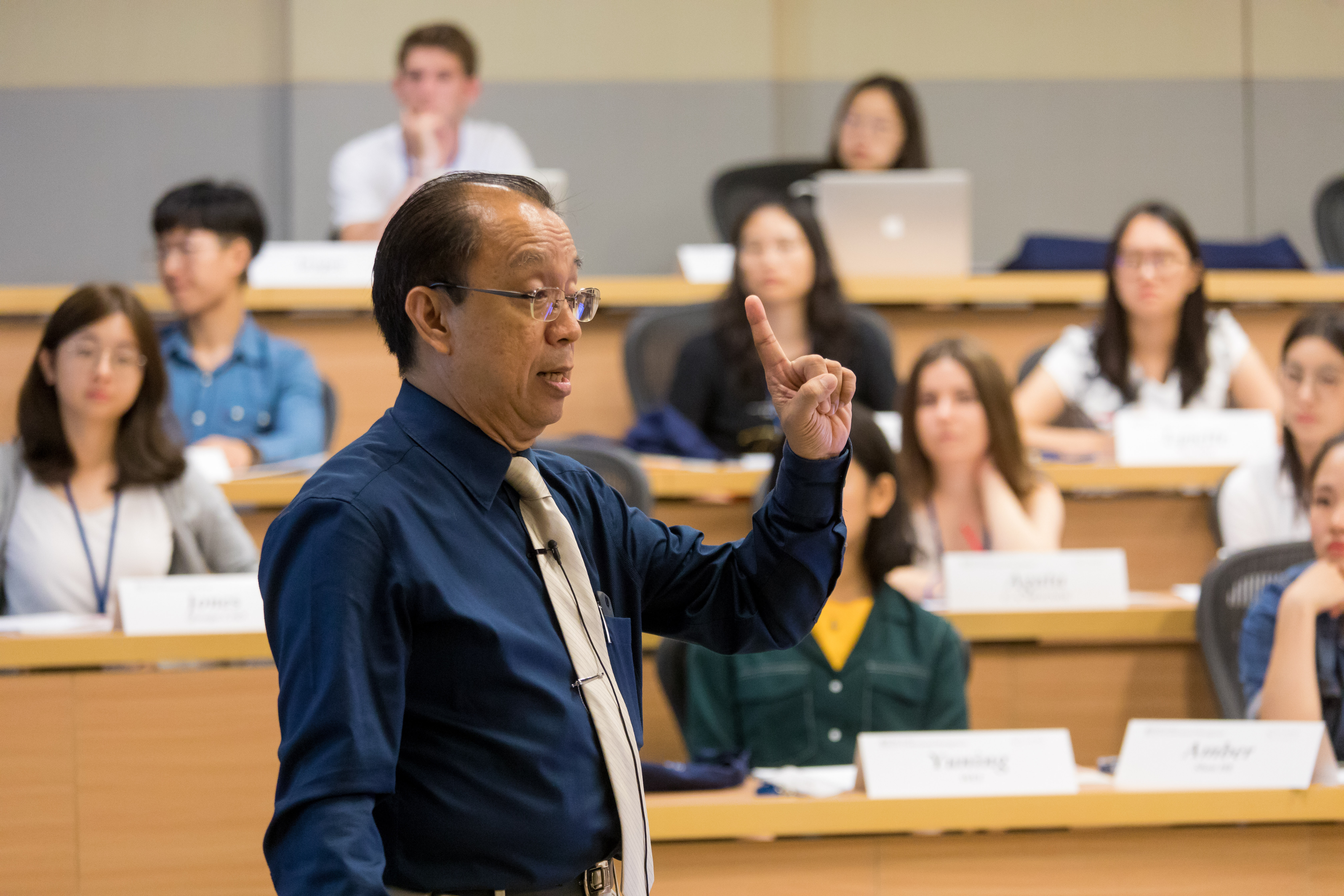
The course Managing Global Complexity is a great example of how to manage challenges and opportunities that are associated with organizational management in a complex global environment. Highlighting the dynamics in culture, society, politics, technology and economy, students use a negotiation simulation to work on their creativity, analytical thinking, teamwork and actual practice.
Through the hands-on, practical nature of the program, students get a good understanding of how the real world operates.
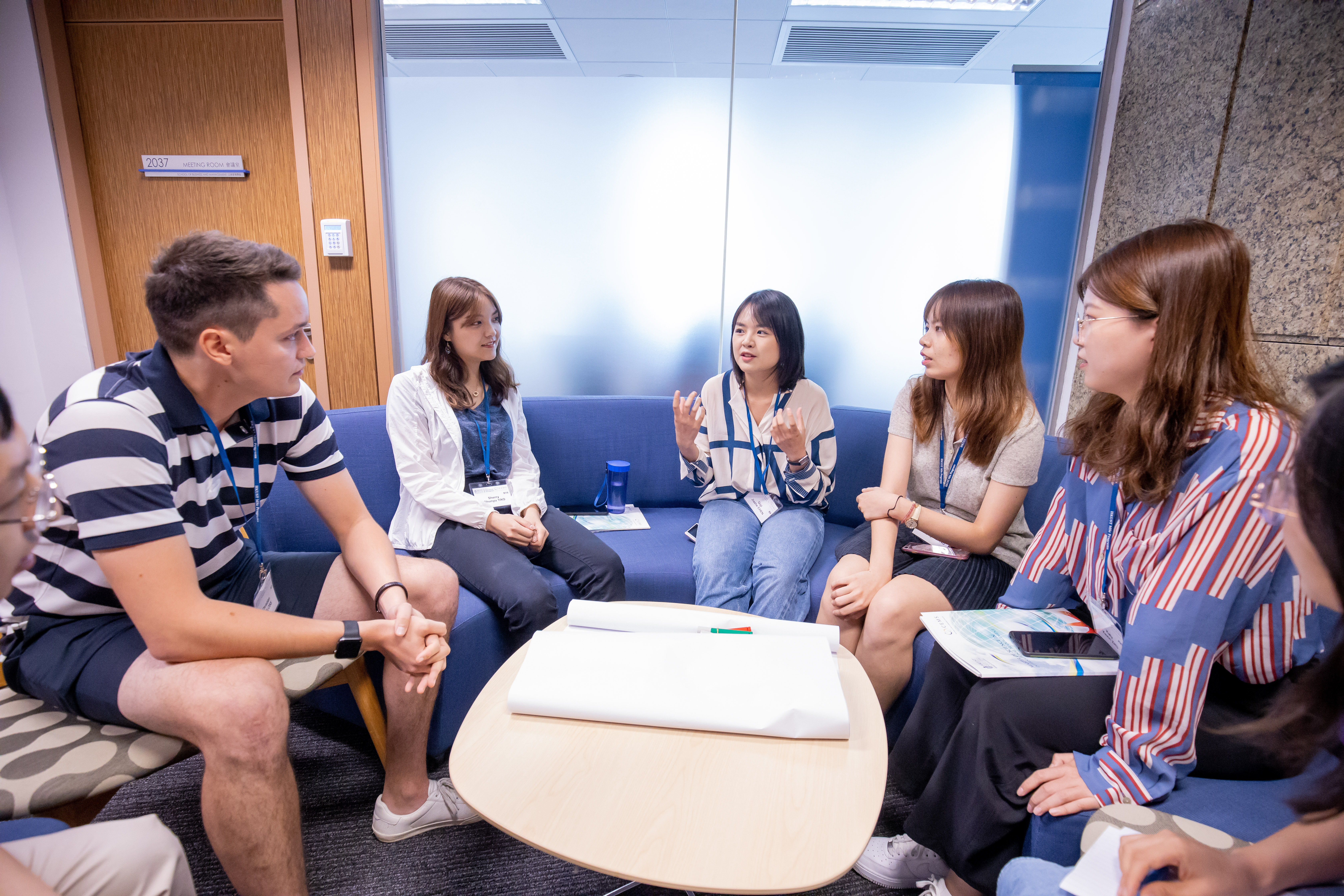
“Thanks to the flexible course structure of the HKUST MIMT program, it has provided me with a solid foundation preparing me for my current career development,” said Lillian Li, class of 2019, who is currently working as an Investment Analyst in Beijing.
Bridging the divide
Another aspect that students find incredibly attractive is the fact that the program is a bridge that connects the East to the West, and provides students with a global network.
“Our curriculum emphasizes developing Asia and China business expertise so that a number of our courses, such as Doing Business in Asia, will equip students with a better understanding of the Asian business environment,” Prof. Salvacruz said.
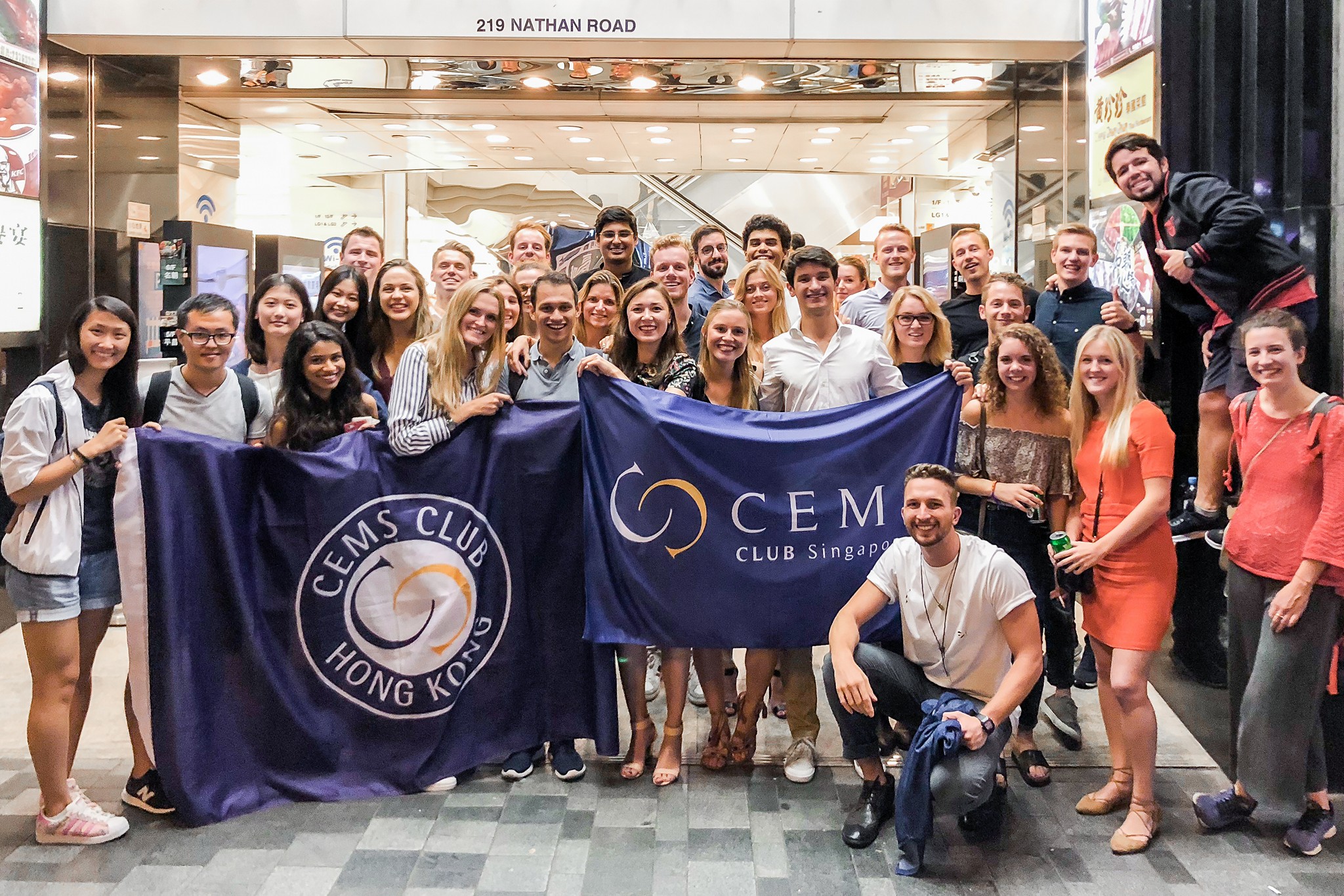
Indeed the 33 CEMS member schools have a student body of almost 1300 students covering 83 nationalities, and HKUST is strategically situated in Hong Kong making it a highly desirable study location because of its international setting and being right on the doorsteps to China as well as many other Asian markets.
Paul Bashir, another HKUST MIMT alumnus, strongly agrees with this and boasts his extended personal network is so vast that he could reach out to people through the alumni network in any country that he goes to or works in.
Student support and club activities a priority
Another draw to the HKUST MIMT program is its stellar CEMS Club which was also awarded the best this year.
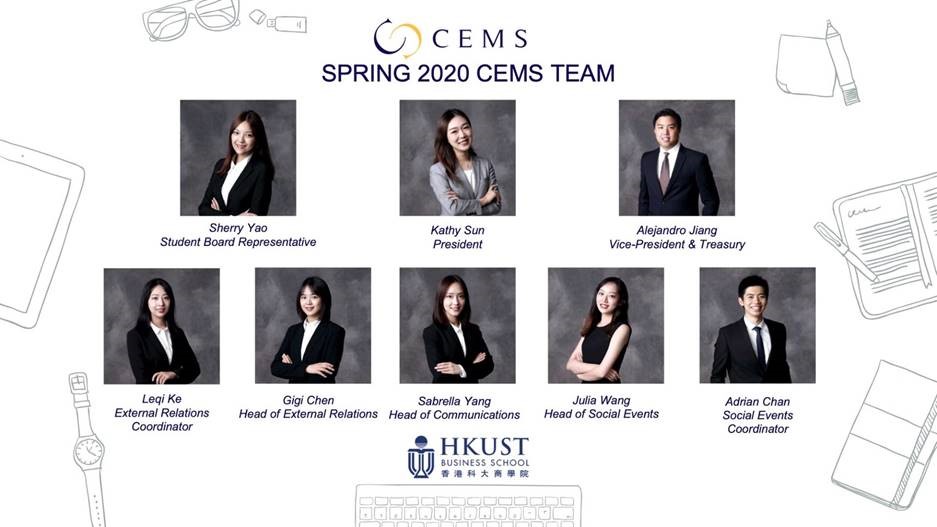
Despite different adversities, the CEMS Club Hong Kong was a grounding force where students could put their heads together to creatively organize all sorts of virtual activities.
Some of the results included the “Virtual Coffee Chat with CEMS Club China”, which was a joint activity with students at Tsinghua University, and the “Virtual Cooking Competition”, both of which were recognized in the recent “CEMS Club Awards”.

In all, HKUST believes that the biggest reason it stands out is because the students’ experience is a key component to its value proposition. With 98% of its students non-local, the HKUST MIMT program is ever ready to extend its support regardless.
“Responsiveness is a high priority for us,” Prof. Salvacruz said. “We understand our students’ feelings of helplessness and stress in this unprecedented situation, so we tried our best to find solutions within a short period of time to show that we care.”
And all these efforts have paid off in full.

